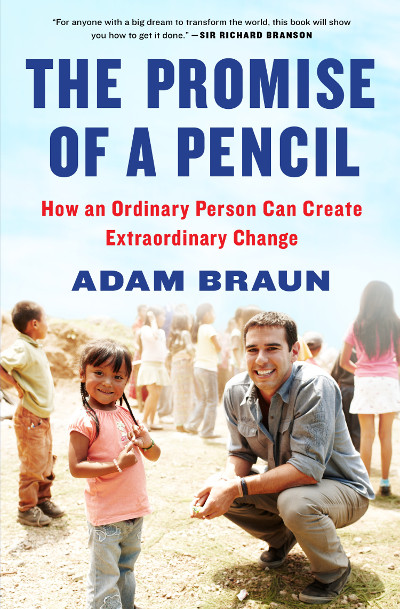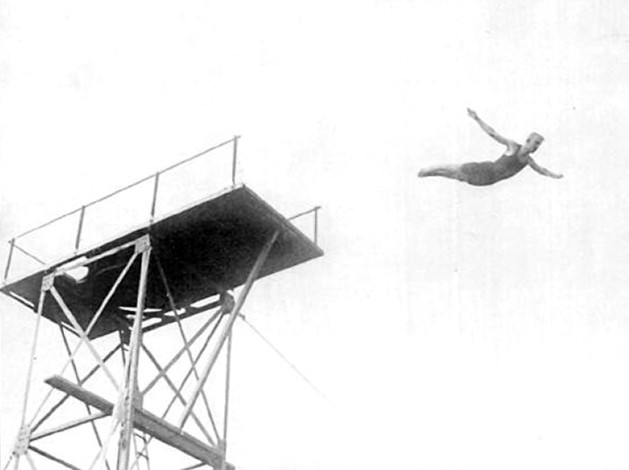Graduation

Some cringe, some exclaim. Some cry, some laugh. Graduation evokes a wide range of feelings and emotions.
Let’s check out what graduation is synonymous with:
- The end of college.
- The end of my undergraduate career (that sounds fancy doesn’t it?).
- The end of “not having to worry about anything”.
- The end of drinking for several days and nights in a row and not being thought of as an alcoholic.
- The end of “having fun”.
- The end of “the best years of my life”.
So there are just a few of the “ends”. I am sure I could go on for days.
But with all those ends, that must mean we are in for some exciting, new “beginnings”, right?! Let’s take a look at some of these new beginnings we are in for:
- The beginning of stress.
- The beginning of the 9-5.
- The beginning of paying my own way and not relying on mom and dad for money.
- The beginning of no social life.
- The beginning of paying bills.
- The beginning of being that creepy 20-something at the bar – with no friends.
- The beginning (or continuation) of my receding hairline?
- The beginning of drinking for several days and nights in a row and becoming an alcoholic.
- The beginning of life as a “real person”, in the “real world”.
The BEGINNING… of the END.
Well damn.
Is this really all there is to look forward to?
Are these the reasons why my parents have paid ungodly amounts of money for me to graduate from a top-notch school such as Emory?
College has been an incredible journey that I am very grateful for. It started out in Baltimore, MD at Johns Hopkins University, then to Atlanta, GA at Emory University and then to Newtown, NSW, Australia at the University of Sydney before heading back for my final semester at Emory.
Along the way I have met incredible friends and professors who I will remain close with many years after graduation. I literally have made friends from all corners of the globe and am incredibly thankful for that.
But graduation marks the end of all this, right? No more world travels, no more friends, no more fun.
If all of the above statements are true, then what’s the point? What is there to aspire to?
First of all, I hate when people refer to life after college as the “real world”.
When we do this we essentially write off our previous valuable life experiences as meaningless and incapable of preparing us for our post-grad lives. I believe this contributes to the negative connotations associated with graduation, and for many, contributes to our anxiety surrounding it.
When we were little – every other day we got asked that famous question – “What do you wanna do/be when you grow up?”.
Our answers were always incredibly ambitious – an astronaut, a pro athlete, the president, etc. etc. Looking back now we laugh at how absurd our answers were.
But at the time, to us, they were far from that. They were goals and aspirations that our 5 year old brains truly believed we could attain. And as we pranced around the living room imitating our favorite NFL quarterback our parents smiled in delight.
Did it really matter to us as 5 year olds that we were never going to become the next man on the moon or the next NFL player? I don’t think it did.
Somewhere along the way it seems that we gave up dreaming big in exchange for living the conventional life that others have laid out for us.
But I this doesn’t need to be the case.
Rather, we should view our youth as a strength and not a weakness. And there are an increasing number of young people, just like you and me, who believed this and were able to do some amazing things.

One of these people is Adam Braun, whom you will hear me quote and refer to often. Adam was 25 years old when he left his career and six-figure salary at Bain & Company in New York City to devote his time to Pencils of Promise – the for-purpose organization he started less than a year prior. Friends, family and co-workers told him he was an idiot.
However, five years later, his organization has built over 200 schools in developing countries for children that would have never had the opportunity to attend school and be educated otherwise. In his book, The Promise of a Pencil, Adam had this to say about how we should celebrate our youth:
“While many perceive youth as a weakness, it’s actually an incredible strength. The single most powerful element of youth is that you don’t have the life experiences to know what can’t be done.”
I want to tell you a quick story that proves the truthfulness of this quote. When I was little, not quite sure of my exact age (7-8 years) although I remember this like it was yesterday, I was at the pool with my mom. I had spent the previous few days watching the summer olympics, most recently the diving competition. I saw Olympians flip, twirl, dive and more, and said to myself I would do the same next time I was at the pool.
So I did.
I went over to my mom and proudly told her, “I’m going to do two flips and then a dive.”
Before she had a chance to respond I made my way over to the 12-foot high dive (yes, the high dive) and prepared to imitate the Olympians I saw on TV.
Did I consider that the move I was attempting to do had been done by professional athletes who had a lifetime of experience? No, nor did I care.
After my initial bounce, I took off into the air with the gracefulness of a 7 year old imitating an Olympian.

Now I would love to tell you that I nailed the dive and the onlookers went wild. But the truth is, I failed, miserably.
After the initial flip, I had no idea what way my body was turning and I landed right on my back. I would also like to tell you that I shrugged it off like 7 year old macho man I truly was… but tears were shed.
My point is that due to my naivety and lack of experience, I thought I was invincible. I believed 100% that I could nail the dive, despite the ridiculousness of that assumption. I did fail, yes, but the worst that came from this situation was a bright red back and some tears.
On the plus side, I was able to understand better what I was and wasn’t capable of in terms of my acrobatic diving abilities… AND I also got a pity hug from the cute lifeguard, which for a 7 year old is life-altering stuff.
Cool story, BRO. What’s your point?
My point is that we should apply this same sense of naivety to our own lives and our ambitions. Let us change the way we perceive our youth.
Stop preparing for the “real world” and prepare for the next step in our awesome journey of life.
We need to view our youth, our college years, as a strength. A strength that provides us with the courage to disregard the paths others have set for us and compels us to live the life we want to live.
We need to push ourselves outside of our comfort zones, the further the better, because this is where growth happens.
Regardless of the outcome, we are much better off because of the valuable experience we have gained.
Another thing – we are terrible at predicting how we react to adversity – the vast majority of the time things are never as bad as we expect. The worst outcome of these scenarios is most often a bruised ego, which I’m 99% sure will heal on its own.
Yes we will fail, and fail often, but that is the beauty of learning and becoming better at whatever it is that we choose to do, or whomever we choose to become.
After all, are you more likely to regret the things that you did, or the things that you didn’t do?
In psychology there is a phenomenon called the self fulfilling prophecy which occurs when an individual’s expectations result in the initial expectation or prediction becoming true. This occurs because our beliefs, either consciously or subconsciously, influence our actions and lead to the confirmation of our initial expectation or prediction.
We can use this to our advantage regarding graduation and our future. By setting lofty expectations for ourselves and our careers, or predicting successful, advantageous outcomes for ourselves, we actually contribute to the likelihood of reaching those goals and meeting our full potential. The video below describes this fact beautifully.
The importance of setting high expectations
“When we treat man as he is, we make him worse than he is; when we treat him as if he already were what he potentially could be, we make him what he should be.” — Johann Wolfgang von Goethe
It’s time that we change our mindsets regarding graduation and our future. I am sure you have learned some invaluable life lessons and experiences during your college years; some in the classroom, but many of them outside of it. And that’s fine.
Celebrate these experiences and put them to good use as you move towards the next step of your life. If you are anxious, nervous and stressed about graduation – relax and take a step back – be thankful that you had the opportunity and the privilege to receive an education, as there are so many people who will never be afforded the same luxury.
Take a break from stressing out about landing that job and take a moment to congratulate yourself on an awesome achievement.
As you move forward, do your best to determine the type of person that you aspire to be and each day take small, incremental steps (initially outside of your comfort zone) that gets you closer to that goal.
Be comfortable with resorting to the same type of naivety we showed as 5 year olds – allow this to help shape your ambitions and ideals.
Your expectations, goals and aspirations should reflect this naivety in some way.
Don’t aspire to be average, but aspire to be someone and do something that inspires others… something that transcends the expectations others have placed upon you.
Make your life a story worth telling.
Lastly, if your aspirations are high enough, it will be nearly impossible to fail completely.
CONGRATULATIONS CLASS OF 2016.


